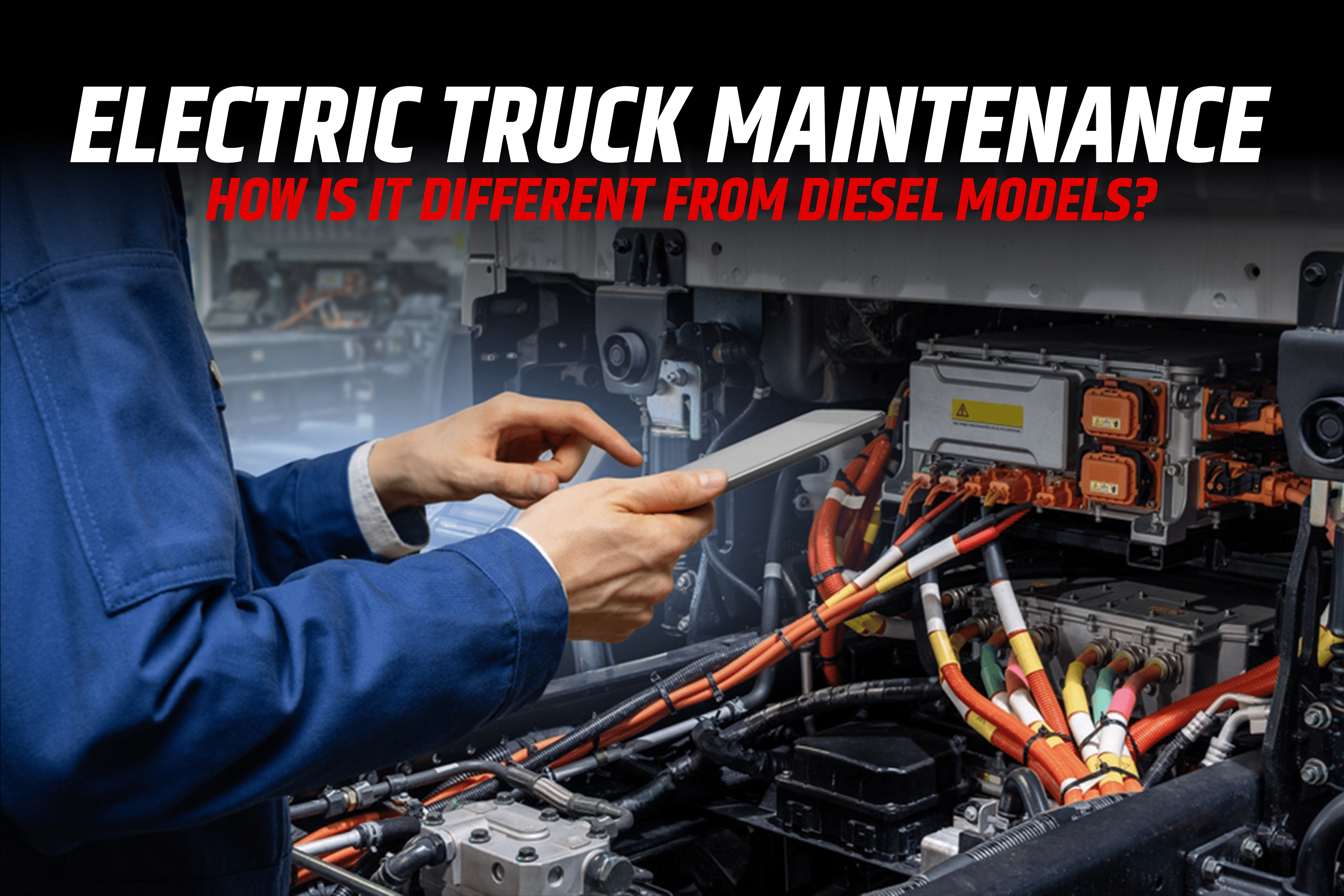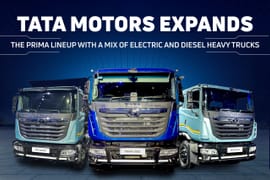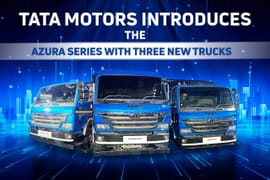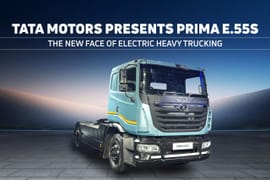Fleets of commercial vehicles are altering as a result of the electric truck's increase. These trucks are changing not just how we drive but also how we maintain them since they are quieter, more effective, and cleaner. There are some key distinctions between diesel and electric trucks in terms of maintenance.
Fewer moving parts
The most obvious change is that there is no longer an internal combustion engine. That alone gets rid of a lot of mundane chores. Oil changes? Lost. Timing belts, air filters, and spark plugs? Not required. This simplification is revolutionary to many fleet managers. There are significantly fewer moving parts to keep an eye on when maintaining an electric truck.
However, that does not imply that upkeep stops. It simply moves.
Let's discuss batteries, which are the foundation of all electric trucks. They are demanding. Battery health deteriorates with time, particularly in hot weather. It becomes crucial to keep an eye on software upgrades, charging patterns, and battery cooling systems. This type of vigilance is new and more digital than mechanical.
Smarter Systems
Brake wear varies as well. Electric trucks frequently need fewer friction brakes than diesel vehicles because of regenerative braking. Although this lessens wear and tear, checks are still necessary. Whether or not it is electric, a malfunctioning brake system remains a serious safety risk.
The software comes next. Frequent firmware upgrades, system diagnostics, and occasionally remote troubleshooting are all part of electric vehicle maintenance. IT assistance may now be as important for commercial fleets as it is for mechanics.
Tires, suspension, and structural elements? Still significant. Commercial truck maintenance always includes the fundamentals: alignment, tire rotation, and chassis inspections, regardless of the engine powering the vehicle. These are here to stay.
Cost and Training Factors
The skill set required to maintain electric trucks is evolving, though. Technicians need specific training for both high-voltage safety and diagnostics. Making a mistake here might be harmful.
Over time, the cost of maintaining an electric truck may decrease. There will be fewer breakdowns with fewer parts. However, the initial cost of instruments and training might be high.
Conclusion
To put it briefly, electric trucks add new complications to commercial vehicle maintenance while also simplifying some elements. Their cleanliness is amazing. less noisy. More intelligent. They do, however, still require attention—just not in the same way.
Both mechanics and fleet managers need to adjust. The future is electric, and maintenance is changing to keep up.
Check out 91trucks if you are thinking about buying a new or used vehicle for your business and all your other commercial needs. Get comprehensive reviews, specifications, and best offers for your company's requirements. Stay updated with the most recent news and stories on 91trucks. To find the latest automotive industry videos and updates, subscribe to our YouTube channel and follow us on Facebook, Instagram, and LinkedIn!










